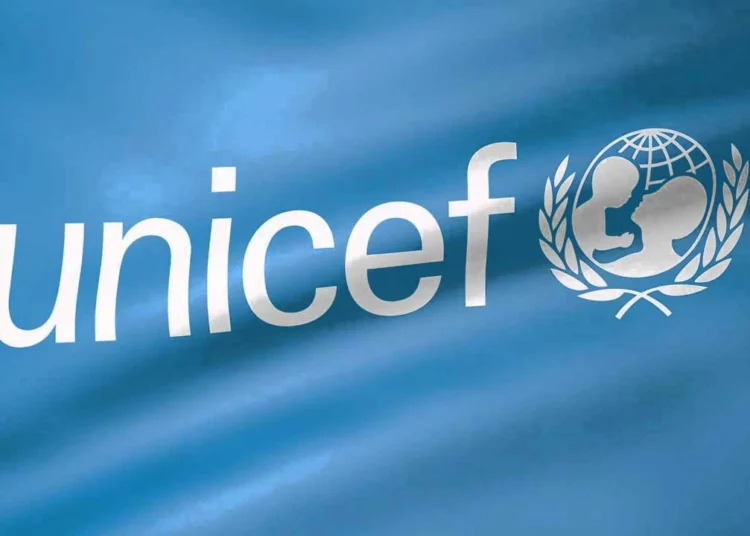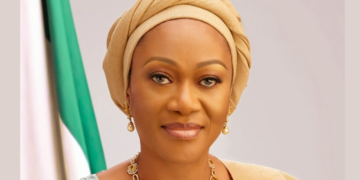The United Nations Children’s Fund (UNICEF) has described Female Genital Mutilation (FGM) as a human rights issue, which must be tackled with all seriousness and put to an end.
The Chief of UNICEF’s Lagos Field Office, Celine Lafoucriere, who stated this at a two-day Media Dialogue to support advocacy to end FMG in Nigeria, stressed the need to accelerate the fight against the practice to achieve its total eradication in all communities before 2030.
The engagement, organised by the Oyo State Ministry of Information and Orientation in collaboration with the United Nations Children’s Fund (UNICEF) and held in Benin, Edo State, brought journalists and civil society organisations (CSOs) from the Southwest region together to brainstorm ways to end FGM in the country.
This came as it was discovered that Nigeria ranked third globally, behind India and Bangladesh, in FGM prevalence, with nearly 20 million women and girls said to have been subjected to the harmful process, most of whom were cut before their fifth birthday.
Lafoucriere, in her welcome address at the dialogue, themed “Accelerating Actions to Eliminate Harmful Practices Against Women and Girls,” said, “Female genital mutilation is never a choice, but a violation that is inflicted on women and girls.
“Here is the reality: most girls are cut when completely powerless. No culture or custom should ever come at the expense of a girl’s health, rights, or her future.”
The UNICEF boss, who also believes that myths, traditions, and misconceptions are factors responsible for the practice, noted that positive change is taking root.
This, she said, is happening: “Through national initiatives like the Movement for Good, led by the federal government with UNICEF’s support, millions of Nigerians have pledged to protect girls from being cut, communities are speaking out, survivors are leading advocacy, and young people are demanding change.
She therefore called the media practitioners and other participants to use their storytelling power to amplify survivors’ voices to effect cultural shifts.
“The stories you tell can inspire families to choose differently for their daughters. Every girl deserves to grow up free of this fear and this harmful possibility.”
Presenting his paper, a UNICEF Child Protection Specialist, Denis Onoise, lamented that most of the girls were being cut at an age they are powerless to resist, consent, or even understand what is being done to them.
Onoise, who identified some of the devastating effects of the practice on survivors, said it robs girls of their dignity and inflicts wounds that last a lifetime, long-term psychological trauma, complications during childbirth and exposure to other health risks in the future.






